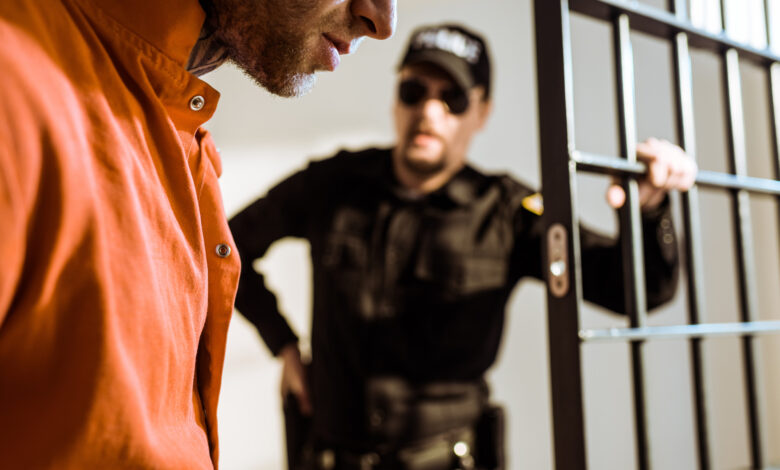5 Things You Need To Know About Prison Life

Prison life can be a frightening prospect. There isn’t another world behind those tall walls. From movies and TV shows, it looks bleak and scary.
But just like out here, there are rules you need to know to avoid trouble. But what is prison life really like?
Well, we’ve done some research, and here are things you need to know.
1. Daily Routine
Prisoners are subject to a highly structured and regimented daily routine. They must wake up at a specific time each day, usually between 6:00 and 7:00 am, and must adhere to a set schedule for meals, exercise, and work or program assignments.
The rest of their time is typically spent in their cells, either alone or with a cellmate, or in designated common areas such as the federal prison yard or day room. Inmates have very little control over their daily lives and must follow the rules and regulations set forth by prison staff.
2. Safety
Safety is a constant concern in prison, and inmates must always be vigilant. Violence is common in many prisons, and inmates may be at risk of physical assault or theft.
Gangs also play a significant role in prison life, and inmates may be required to align themselves with a particular group for protection. This can lead to further violence and tension between rival gangs. Inmates must also be careful not to violate prison rules, as punishment can be severe and may include solitary confinement or loss of privileges.
3. Limited Privileges
Inmates in prison have very few privileges and are often cut off from the outside world. They are prohibited from using phones or the internet, and their mail and visits are closely monitored.
However, families may use inmate search to find the location of an inmate and their visiting hours. Inmates may also have limited access to personal items such as clothing or toiletries and must rely on the prison for these necessities.
4. Mental Health
The isolation and lack of freedom in prison can significantly impact an inmate’s mental health. Many inmates experience depression, anxiety, and other mental health issues due to their confinement. Access to mental health services is often limited, with long waiting lists and inadequate staffing.
Some prisons offer therapy and counseling, but these services are typically in high demand and may not be readily available to all inmates. The lack of privacy and stigma associated with mental health issues can also make it difficult for inmates to seek help.
5. Reentry to Society
For many inmates, the ultimate goal of prison life is to be released and reintegrated into society. However, the challenges of reentry can be significant. Inmates may struggle to find employment or housing and face social stigma and discrimination.
Some prisons offer reentry programs to help inmates prepare for life after release, but these programs are often underfunded and limited in scope. Inmates may also face legal and financial obstacles, such as outstanding fines or legal fees, making it difficult to start anew.
Learn the Ins and Outs of Prison Life
Living in prison is not a comfortable one. However, it’s important to be informed before entering a correctional facility. Knowing the basics of prison life, such as the rules, basics such as sanitation, and basic ways of communication, can help you smoothly transition into your sentence.
If you want to learn more, reach out to a former inmate or correctional staff member and get all the information you can.
We hope this article was useful to you. If you enjoyed it, be sure to check out our blog for more great articles.
